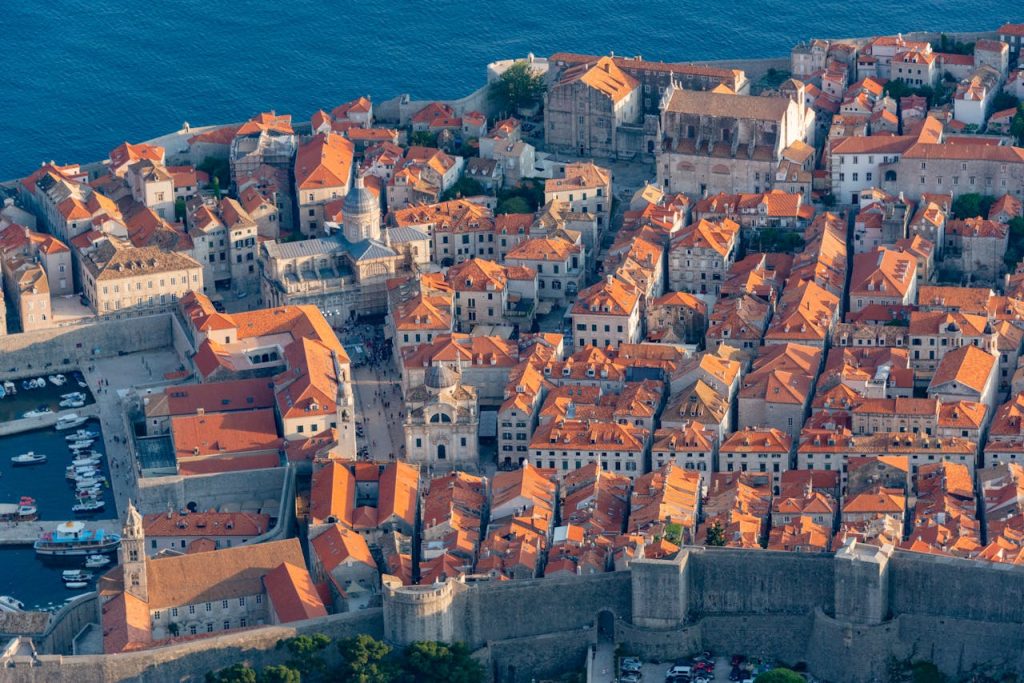Summarize this content to 2000 words in 6 paragraphs
Skift Take
Croatia is just the latest destination to tackle short-term rentals, but the long-term impact of the government’s proposal is uncertain
Rashaad Jorden
Croatia is taking steps to clamp down on short-term rentals as part of its efforts to alleviate a shortage of affordable housing.
The Croatian Parliament approved a package of draft laws last week that Finance Minister Marko Primorac said would raise the tax on short-term rentals, according to Reuters. The laws would apply to more than 800,000 second and third homes. The measure would not impact housing units where people live long-term or those that are primary residences, Primorac added.
Some Croatians think the proposed laws will rejuvenate towns where apartments tend to be full only during holidays. Roughly 10% of the country’s housing supply is now dedicated to short-term rentals, which Deputy Prime Minister Branko Bačić has argued is helping drive up average rents around Croatia.
“What bothers the citizens of Split, as well as Dubrovnik and other coastal towns, is that they are emptied of residents,” said Zaklina Juric, a member of the “Tenants Together” initiative, according to Reuters.
However, other Croatians have expressed concerns about the proposal, which includes a provision that 80% of tenants will have to agree on rent in residential buildings.
“The owners of apartments are panicking, many of them took loans, invested in the apartments, logistics which will all be brought into question with this new law,” said Jurica Repinc, the owner of a rental agency in Zagreb.
The Croatian government’s efforts to rein in the short-term rental industry come after authorities in Dubrovnik enacted a ban on new private rental permits in its Old Town earlier this year. Croatian Minister of Tourism and Sports Tonči Glavina has said short-term rentals are a threat to sustainable tourism.


